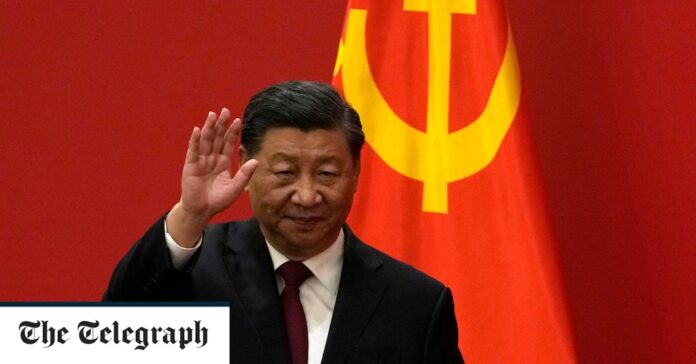Mr Sunak must follow-through and adopt a clear new policy on the Chinese Communist Party that stands up for freedom
Rishi Sunak, Britain’s new prime minister, has rightly called China the “largest threat to Britain and the world’s security and prosperity this century.” In his first call with US President Joe Biden the two men discussed how to counter China. And in the summer, he promised to ban China’s Confucius Institutes which threaten academic freedom and freedom of expression in our own universities and schools. These are all very welcome messages – but they require a clear strategy, consistency and follow-through.
Liz Truss had already indicated she would officially categorise China as a “threat” to national security. Mr Sunak would be wise to implement this decision, from which should then ensue a comprehensive, cross-departmental government action plan to tackle the challenges we face from Beijing.
But let us also be clear from the outset – when we say “China”, it is short-hand for the Chinese Communist Party (CCP) regime. We must distinguish between the Chinese state and the people of China. We must be clear that we are not “anti-China”, but rather “anti-CCP”. Failure to make that clear risks fuelling both real racism and the CCP’s propaganda narrative.
Banning Confucius Institutes would be a good start and would send a worthwhile signal to Beijing that we are no longer prepared to sell-out our values. An amendment giving the government the powers to do this, tabled by the new chair of the House of Commons foreign affairs committee Alicia Kearns, has already been accepted by the government. But this step must be accompanied by alternative investment in Chinese language teaching and in better knowledge and understanding of China today. Perhaps we could turn to Taiwan and to Hong Kongers for both purposes, because they share our values of freedom and democracy and can help enhance our knowledge base.


